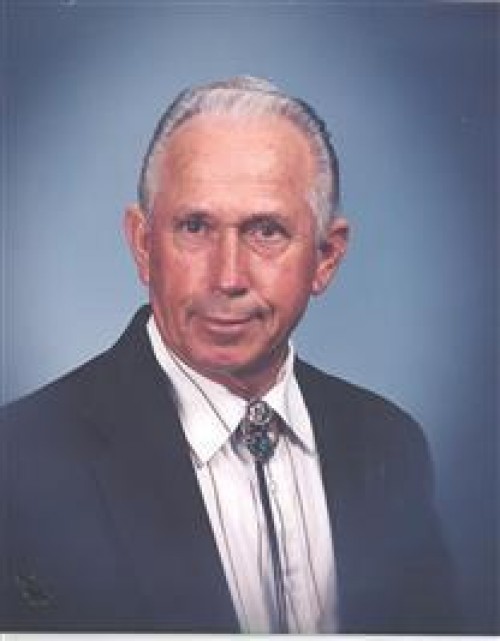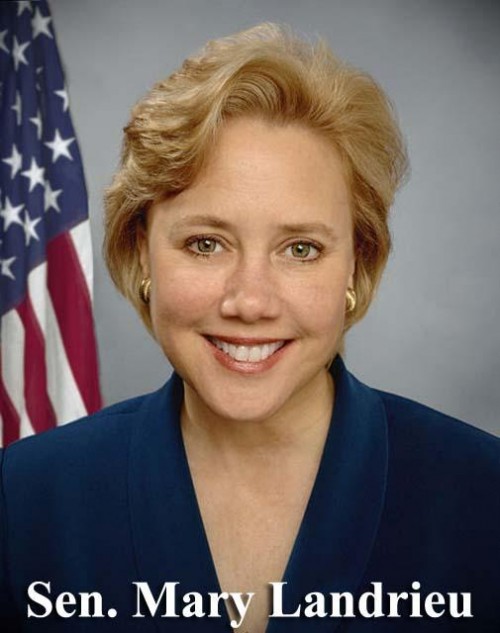
William Clark Sr.
June 29, 2010
Senator baffled by Obama’s view on La. oil
July 1, 2010This weekend we celebrate our nation’s 234th birthday. The 56 patriots who signed the Declaration of Independence gave us our free and independent republic. They were revolutionaries who were British subjects and stood up and fought against their own government.
Bob Aldrich has given us a portrait of who these brave men were.
Fifty-six men from the original 13 colonies signed the Declaration of Independence on July 4, 1776. Nine of the signers were immigrants, two were brothers and two were cousins. One was an orphan. The average age of a signer was 45. Benjamin Franklin was the oldest delegate at 70. The youngest was Thomas Lynch Jr. of South Carolina at 27.
Eighteen signers were merchants or businessmen, 14 were farmers, and four were doctors. Twenty-two were lawyers, nine were judges. Stephen Hopkins had been governor of Rhode Island. Forty-two signers had served in their colonial legislatures. John Witherspoon of New Jersey was the only active clergyman to attend. Almost all were Protestants. Charles Carroll of Maryland was the lone Roman Catholic.
Seven of the signers were educated at Harvard, four at Yale, four at William & Mary, and three at Princeton. Witherspoon was the president of Princeton, and George Wythe was a professor at William & Mary. His students included declaration scribe Thomas Jefferson.
Seventeen fought in the American Revolution. The British captured five signers during the war: Edward Rutledge, Thomas Heyward, Arthur Middleton, George Walton and Richard Stockton.
Thomas McKean of Delaware wrote John Adams that he was “hunted like a fox by the enemy – compelled to remove my family five times in a few months.” Abraham Clark of New Jersey had two of his sons captured by the British during the war.
Eleven signers had their homes and property destroyed. Francis Lewis’ New York home was razed and his wife taken prisoner. John Hart’s farm and mills were destroyed when the British invaded New Jersey, and he died while fleeing capture. Carter Braxton and Nelson, both of Virginia, lent large sums of their personal fortunes to support the war effort but were never repaid.
After the revolution, 13 signers went on to become governors. Eighteen served in their state legislatures; 16 became state and federal judges; seven became members of the U.S. House of Representatives; and six became U.S. senators. James Wilson and Samuel Chase became Supreme Court justices. Jefferson, Adams, and Elbridge Gerry each became vice president. Adams and Jefferson later became president.
Five signers played major roles in the establishment of colleges and universities: Franklin, the University of Pennsylvania; Jefferson, the University of Virginia; Benjamin Rush, Dickinson College; Lewis Morris, New York University; and George Walton, the University of Georgia.
Adams, Jefferson, and Carroll were the longest surviving signers. Adams and Jefferson both died on July 4, 1826, the 50th anniversary of the Declaration of Independence. Carroll was the last signer to die in 1832 at the age of 95.
Such were the stories and sacrifices of the American Revolution. These were not wild eyed, rabble-rousers. They were soft-spoken men of means and education. They had security, but they valued liberty more. Standing tall, straight, and unwavering, they pledged: “For the support of this declaration, with firm reliance on the protection of the divine providence, we mutually pledge to each other, our lives, our fortunes, and our sacred honor.”
We should respect and honor these true revolutionaries, who believed in liberty and freedom so much that they gave their lives and fortunes to force changes for the common good. This 4th of July weekend take a couple of minutes to thank these patriots for giving us our freedoms, especially our religious freedom to believe and worship God according to dictates of our own conscience.





